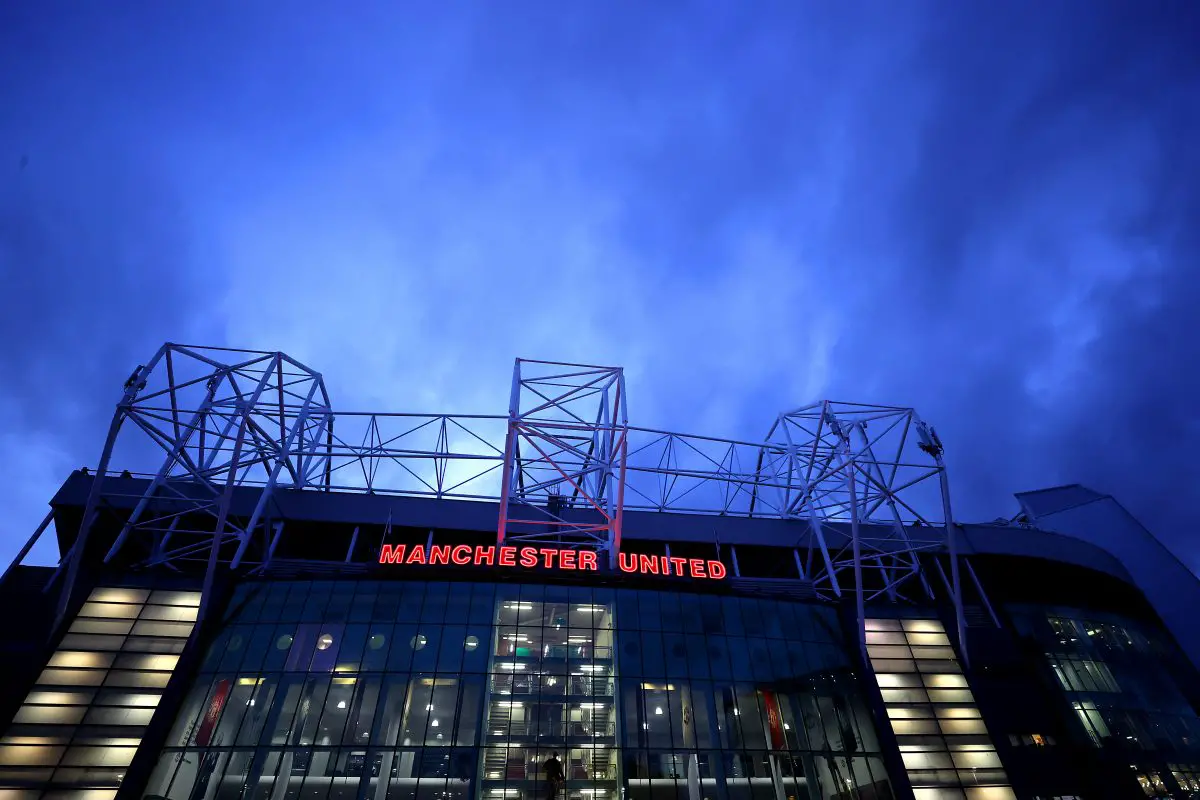
As the new football season approaches, fans eagerly await the release of season ticket prices for their favourite clubs.
Manchester United has always been in the spotlight, attracting a massive fan base from around the world. However, recent news of a 5% price hike in their season tickets has raised eyebrows and sparked discussions among supporters and pundits.
In contrast, some Premier League clubs have chosen to freeze their ticket prices, further fuelling the debate on affordability and fan loyalty.
In this article, we will delve into the details of United’s season ticket prices and compare them to those of other clubs in the league, shedding light on the potential impact this price hike may have on the club’s relationship with its supporters.
The 5% price hike
The price hike seems a far cry from 2020 when United actively sought to give fans something back following lockdown with a ticket refund for the remaining home games that season. Rather than being a promotional move that some businesses offer, like a ticket giveaway or a no deposit casino bonus, United’s refund seemed to be sincere and built a lot of goodwill with supporters.
This price hike, however, risks having the opposite effect, especially when some PL clubs have frozen their prices.
With the cost-of-living crisis impacting everyday costs in the UK, some United regulars might find it hard to continue going to Old Trafford regularly. The club have blamed higher match-day costs for the price increases, which they say have risen by 40% since 2018.
Yet, some clubs have found space in their budgets to offer price freezes. But who are they, and how have they managed it?
The price freezers
Perhaps the most surprising thing about the four clubs who have frozen their prices is that three of them are London-based. The capital has a reputation for high prices, but for once clubs down there have forsaken a price rise in a bid to keep supporters happy.
Perhaps the best-value ticket is the £595 to see Chelsea’s galaxy of superstars play at Stamford Bridge twice a month. The Blues didn’t have a great season last year, but they’ll be hoping that the talented Mauricio Pochettino can turn their fortunes around with his billion-pound squad.
Brentford, too, have a cheapest ticket of just £419 to watch Thomas Frank’s exciting team aim for another top half finish next season. Ivan Toney might be missing for a big chunk of the campaign, but Bees fans are used to seeing the German coach develop under-rated players into an exciting unit capable of beating anyone in the league on their day.
The other two clubs, Sheffield United and Spurs, have very different aims. The former would be happy to just survive, which explains why their most expensive ticket is just £490.50.
Spurs, meanwhile, already had some of the most expensive seats in the league as they continue to chase Champions League qualification. Still, the long-suffering Spurs faithful will be pleased with some good news at last.
The price hikers
United fans might moan at the 5% increase, but it could be worse.
Nottingham Forest have taken the largest step, increasing season ticket prices by 20%, and Fulham closely follow with an 18% increase. Both teams had relatively successful seasons, but their price hikes will put a strain on some fans, especially those supporting families, who may now question their ability to afford attending games.
Other clubs, including Aston Villa, Everton, and Wolves, have also raised their admission prices by double-digit percentages, as they seek to raise their match-day bottom lines.
The cost-of-living crisis, characterized by sky-high food and energy prices, has affected supporters’ budgets significantly. The latest UK inflation figure, reaching 8.7% in the 12 months leading up to April, has further exacerbated the financial burden for many people.
Despite the Premier League’s substantial sponsorship and television revenues, clubs argue that the rising costs of organizing matches have left them with no alternative but to charge supporters more.
The price increases imposed by Premier League clubs have sparked concerns among fans, who feel distressed, anxious, and disillusioned by the escalating costs. The rise in prices will force many supporters to evaluate whether they can continue to afford attending matches.
In a time when the cost of living is already high, these ticket price hikes present a challenge for loyal football fans who wish to enjoy their favourite teams’ games.




